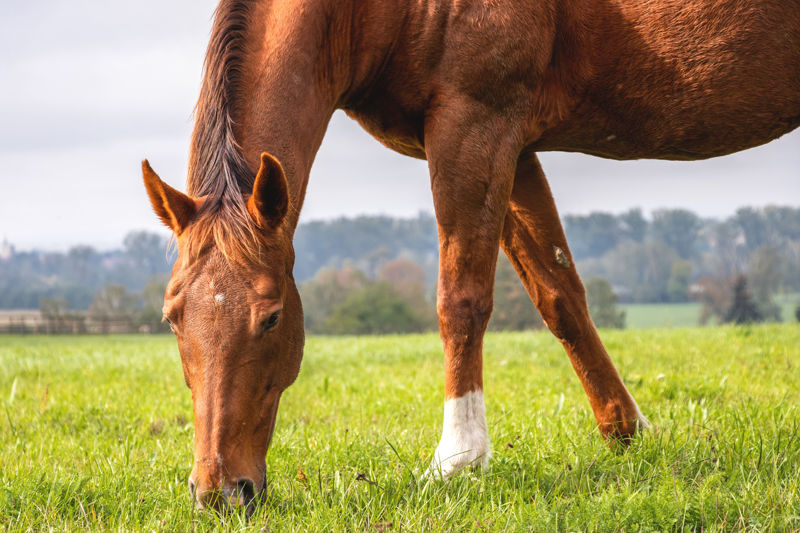Would you know the signs of Strangles if you saw it?
Strangles is the most commonly diagnosed equine infectious disease worldwide. Strangles is an extremely contagious illness that affects the upper respiratory tract and is caused by a bacteria called Streptococcus equi. The bacteria infect the lymph nodes around the jaw, causing them to become swollen.
Any horse, regardless of age, health or breed can get Strangles. Symptoms include:
- Fever
- Thick nasal discharge
- Depression
- Cough
- Painful abscesses
- Laboured breathing
- Difficulty eating
The earliest sign of Strangles is a high fever, with a resting temperature above 38.5oc and it can take up to 21 days for a newly affected horses to show signs of illness. Even horses showing mild symptoms can pass on the illness to other horses who may be affected more severely. Horses can take up to 6 weeks to recover from Strangles and up to 10% of previously infected horses will remain carriers and therefore could pass on the disease without showing any symptoms themselves.
Strangles is not airborne however horses that cough or sneeze can spread infected material several feet. Bacteria spread rapidly via direct horse to horse contact but can also be spread indirectly through contact with surfaces, clothing, and equipment.
Strangles can be prevented through good yard management and high biosecurity with a vaccine being available to some horses that are at higher risk. Treatment varies but it more effective the quicker Strangles is identified and veterinary intervention is sought. In extreme cases, Strangles can be fatal, especially when left untreated.
What should I do if I think a horse may have Strangles?
There is stigma associated with having an animal suffering with the condition however is not a reflection on the care that animal receives. There is no shame in owning a horse with the disease, or having the disease on the premises, and people should support each other and work together to reduce the risk of contamination and passing the disease on.
Isolation of horses is incredibly important as it greatly reduces the chances of passing the disease onto others. As responsible horse and yard owners, it is encouraged to notify others, including neighbouring yards, if you suspect a case and “lock down” the yard - meaning no equines are to leave, or new ones are to come on to the premises. Your vet will be able to diagnose if Strangles is present and offer treatment and advice. All horses should be monitored with regular temperature checks and notify your vet of any new cases.












